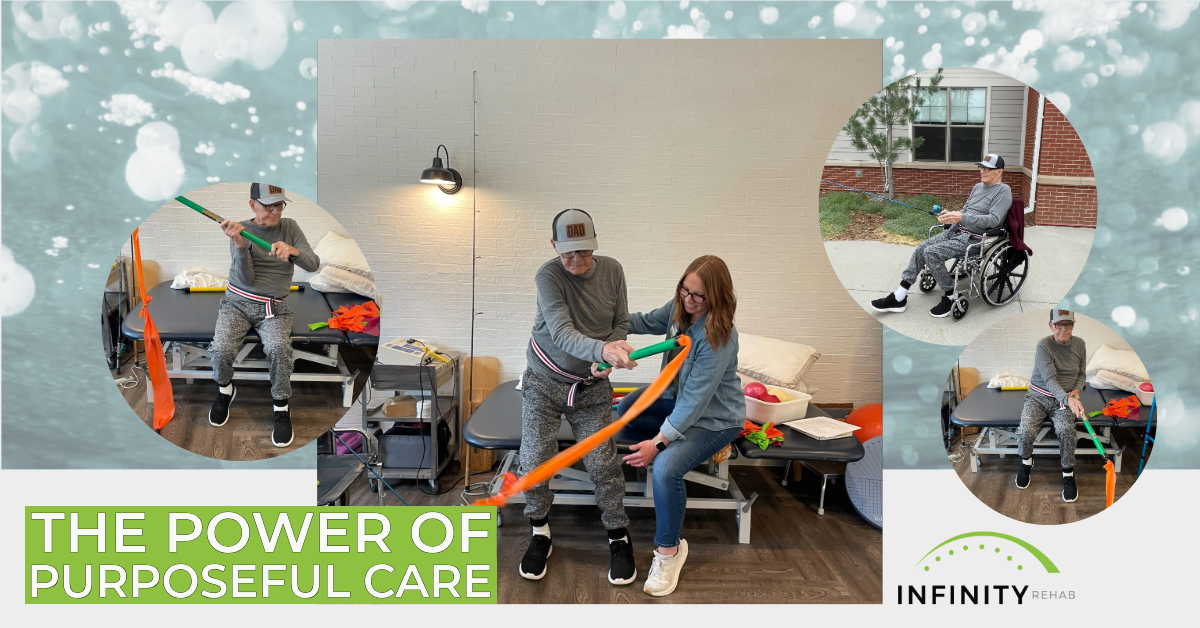This March marked our 7th annual Infinity Rehab Continuing Education Symposium. Nearly 600 Physical and Occupational Therapists, Certified Occupational Therapy Assistants, Physical Therapy Assistants and Speech-Language Pathologists gathered in Portland, OR for two days of Continuing Education classes and networking events. The Symposium is the largest gathering of therapists for CEU’s in the Pacific Northwest and continues to grow each year.
What began as a way for Infinity Rehab employees to maintain annual CEU requirements has grown into an event that encompasses hundreds of non-Infinity Rehab therapists from across the country. In addition to therapists, we also invite our customers as well. It was wonderful to see many of the Administrators and Nursing Directors of the facilities we provide therapy to attend courses such as Building Your Leadership Capacity and Interventions to Reduce Acute Care Transfers Using Interact Tools.
In between classes, attendees would gather in the main ballroom of the Jantzen Beach Red Lion to network with each other and interact with exhibitors. On display were some wonderful products and services for therapists to engage with; from state-of-the-art equipment to modalities and specialized seating equipment. The exhibitors really took the time to explain how therapists could integrate the equipment into existing therapy programs and the benefits patients would gain.
On April 10th, 2012, we will hold our 6th annual Midwest Continuing Education Symposium. We are expecting our largest turnout ever for this event. Click here to register.
To get an idea of the breadth of courses we offer, below is a selection of listings and a brief description of each class that was held at the Northwest Symposium.
Building YOUR Leadership Capacity
Speaker: Jennifer Green-Wilson
What is your leadership style? How can you motivate others to be more efficient and become the best employee they can be? This course will help you identify what your management style is and how you can be more effective in dealing with others.
Ethical Considerations for Withholding Nutrition & Hydration
Speaker: Denise Dougherty
What are some of the controversial issues and lessons learned from historical cases dealing with end of life issues? How can you approach patients, families and facility staff about these topics? This course will give you resources for these situations to help you develop your own approach and strategies to deal with these emotional issues.
Intensity & Dosage in Geriatric Rehabilitation
Speaker: Mike Studer
Can you do resistance training with elderly adults? What is intensive enough? How do you measure whether they are getting better or not? This course will discuss the theoretical framework for intensity training as well as evidence-based guidelines for prescription of proper dosage using appropriate outcome measures. Specific recommendations and considerations will be presented for various sub-populations of geriatric individuals.
Interventions for Geriatric Urinary Incontinence
Speaker: Susan Churchill
Why do individuals have trouble with incontinence as they age? What can therapists do to help their patients with these issues? This course will address these issues and give you some practical take-home ideas for your patients.
Therapy on a Shoestring Budget
Speaker: Marti Smith
Did you miss this course last year? It was a big hit and gave wonderful ideas to therapists about how to work in a facility/home/clinic that has limited resources to purchase commercially available equipment! Learn how you can do more with less!
Improving Communication with Patients Suffering Communication Disorders
Speaker: Michael Burns
Are you frustrated trying to get a patient with aphasia to follow directions in therapy? Do you feel aggravated when you can’t understand what they are trying to tell you? This course will review different causes of communication problems and how they impact the healthcare setting. Strategies will be presented to help bridge the communication gap and give you a tool kit of materials to use to increase comprehension when working with patients.
Interventions to Reduce Acute Care Transfers Using Interact Tools
Speaker: Demetria (Demi) Haffenreffer, RN, MBA
It is estimated that 60% of transfers from SNFs to acute care hospitals can be avoided. These transfers cost CMS millions of dollars. In October 2012, CMS will change reimbursement that will favor facilities with low rates of acute care transfers. CMS will assist in reducing the number of these transfers utilizing interact tools. This course will assist participants in establishing standards and measures for a quality improvement project that will include: evaluating current transfer rates and reasons for transfers, establishing training for nursing staff, determining the tools and pathways to be utilized and ongoing monitoring of the project’s success. The components of an effective quality improvement project will also be discussed.







